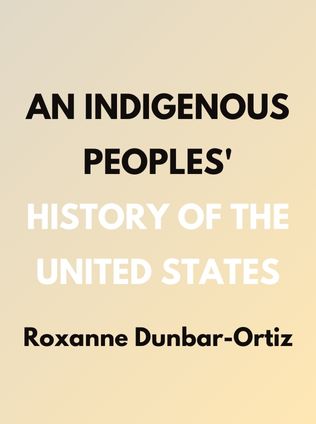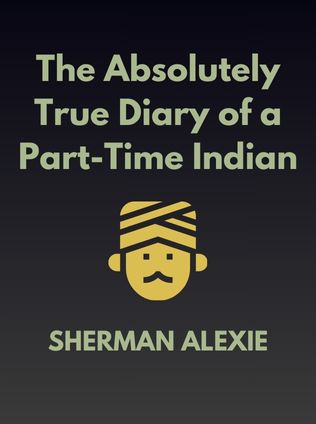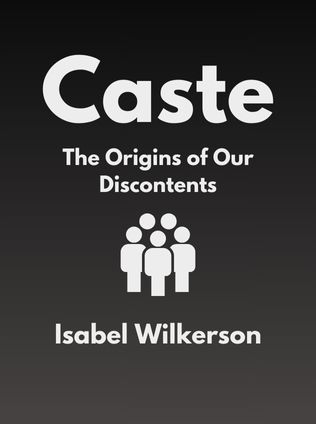
An Indigenous Peoples' History of the United States
By Roxanne Dunbar-Ortiz
Published 09/2014
About the Author
Roxanne Dunbar-Ortiz is a historian, author, and activist who has spent her career bringing the perspectives of Indigenous peoples to the forefront of historical narratives. Her work is a powerful critique of traditional American history, which has often overlooked or marginalized the experiences of Native peoples. Dunbar-Ortiz has authored several influential works, including "An Indigenous Peoples’ History of the United States", a groundbreaking book that challenges the dominant narratives of American history by centering the experiences of Indigenous peoples. Her scholarship focuses on the lasting impact of colonization and the ongoing struggles of Native communities for recognition, rights, and justice.
Main Idea
"An Indigenous Peoples’ History of the United States" seeks to reinterpret the history of the United States from the perspective of Indigenous peoples, challenging the dominant narrative that centers on the experiences and achievements of European settlers. Dunbar-Ortiz argues that the foundation of the United States was built on the genocide and oppression of Native peoples and that understanding this history is crucial to addressing the lasting impacts of colonization today. The book also highlights the resilience and resistance of Indigenous communities throughout history and emphasizes the importance of recognizing their contributions to the nation’s history.
Table of Contents
- Introduction
- Before Colonization
- The Colonial Period
- The Westward Expansion of the United States
- The Civil War Years and Industrialization
- The 20th Century and Beyond
Before Colonization
Dunbar-Ortiz begins by dispelling myths about the pre-colonial Americas, emphasizing that Indigenous societies were highly developed, with complex governance, economies, and cultural practices. Contrary to popular belief, these societies were not primitive or nomadic but had established cities, trade routes, and sophisticated agricultural systems. Dunbar-Ortiz stresses that understanding the richness and diversity of these societies is essential to fully grasp the impact of European colonization.
"Native American cultures were as sophisticated as any other—they built cities, studied science, and established complex governments." - Roxanne Dunbar-Ortiz
The author also challenges the notion that the American wilderness was untouched before European arrival. Indigenous peoples actively managed the land through practices such as controlled burns to facilitate hunting and transportation. These land management techniques were crucial for the survival of European settlers, who often adopted them for their own use.
Additionally, Dunbar-Ortiz highlights that many Native American societies were matriarchal, with women playing central roles in governance, decision-making, and the economy. This stands in stark contrast to the patriarchal structures of European societies at the time. The sophistication of these Indigenous societies challenges the Eurocentric view that they were primitive and in need of "civilization."
Sign up for FREE and get access to 1,400+ books summaries.
You May Also Like
Freakonomics
A Rogue Economist Explores the Hidden Side of Everything
By Steven D. Levitt and Stephen J. DubnerI Am Malala
The Story of the Girl Who Stood Up for Education and Was Shot by the Taliban
By Malala Yousafzai



















